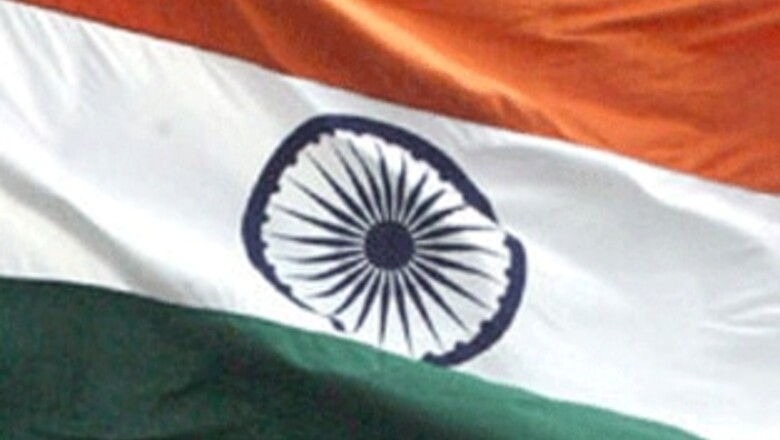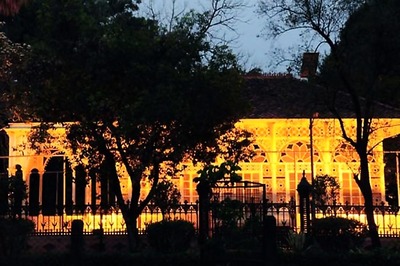
views
Seoul: South Korea will sign a Comprehensive Economic Partnership Agreement (CEPA) with India on Friday to increase bilateral economic cooperation, a South Korean Foreign Ministry official said on Thursday.
The signing ceremony will take place with the visiting Indian Commerce Minister in Seoul on Friday morning, the Ministry official said, finishing a three-year-long negotiating session to boost trade between the two countries.
"We expect the CEPA to be a catalyst to further boost our business ties with India," said Policy Director of South Korean Foreign Ministry, Choi Gyung Rim.
The South Korean Foreign Ministry official said he expects the agreement to become effective sometime around next January after Seoul gets final approval from the South Korean National Assembly by the end of October.
India already got final approval on June 2 from its cabinet for the agreement with South Korea, said the Ministry Director.
The CEPA is similar to a Free Trade Agreement, with a comprehensive coverage of trade in goods and services and investments, as well as intellectual property rights.
Under the CEPA, India will eliminate duties on 75 per cent of products imported from South Korea on a custom-value basis during the eight years after the CEPA becomes effective. South Korea will remove duties on 93 per cent of products from India during the same period.
Although the tariff-removal rate is slower than the provision under most other free trade agreements, the deal with India is still expected to boost bilateral trade by up to $3.3 billion, up from the 2008 total of $15.6 billion, the state-run Korea Institute for International Economic Policy forecast.
The agreement is forecast to benefit South Korean shipment of auto parts, while it benefits Indian service sector and service workers to work for South Korean companies.
The CEPA enables the duty-free export of 108 items that are made in the jointly-operated industrial park of Kaesong in North Korea.
Both countries agreed to set aside the farm and forestry sector as a "low-level" of market opening to protect vulnerable farmers and forestry operators.
"Among 1,466 duty items of farm and fishery items, we excluded 714 items from the CEPA coverage. Excluded items are rice, pork, chicken and most tropical fruit items," said the Ministry Director.


















Comments
0 comment